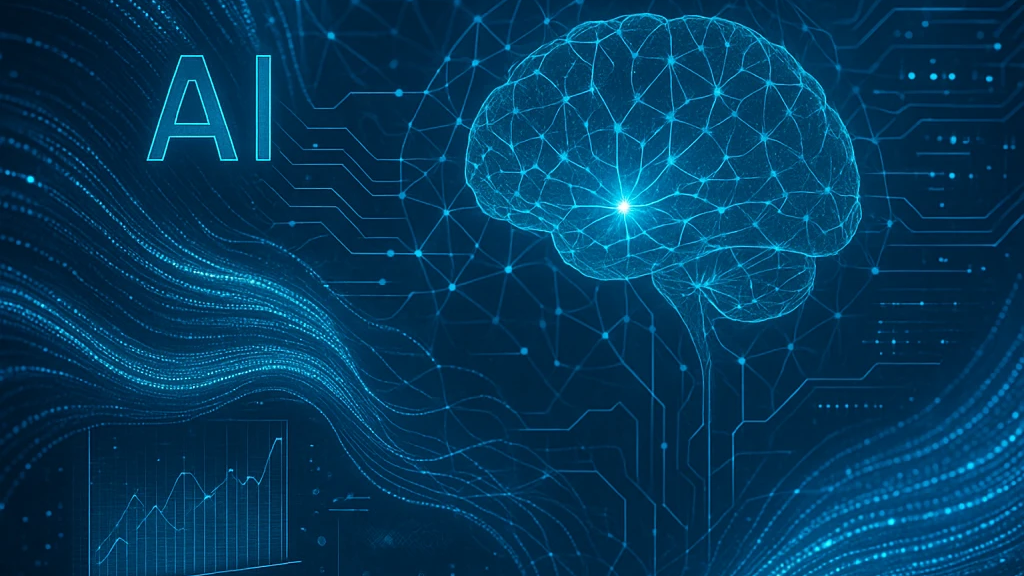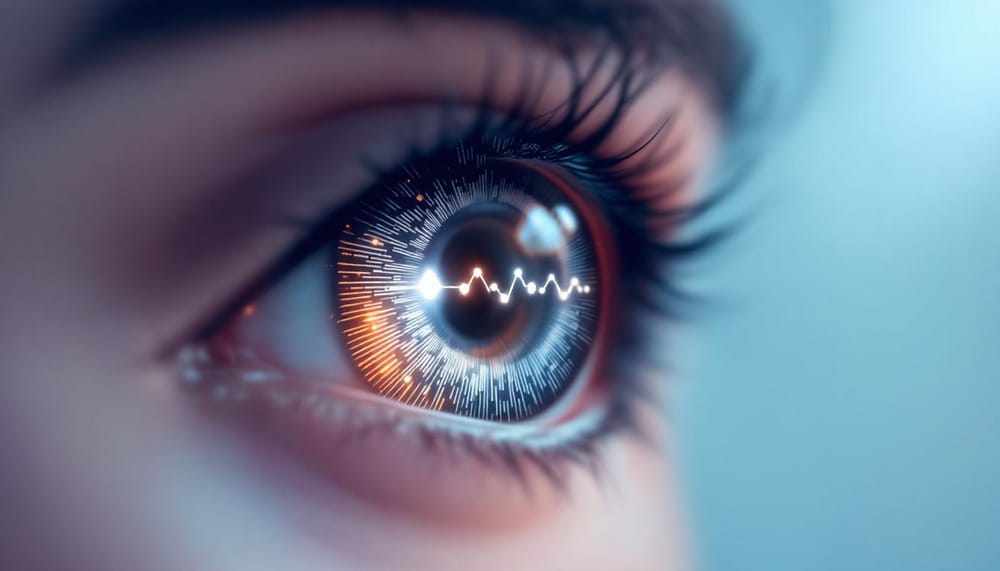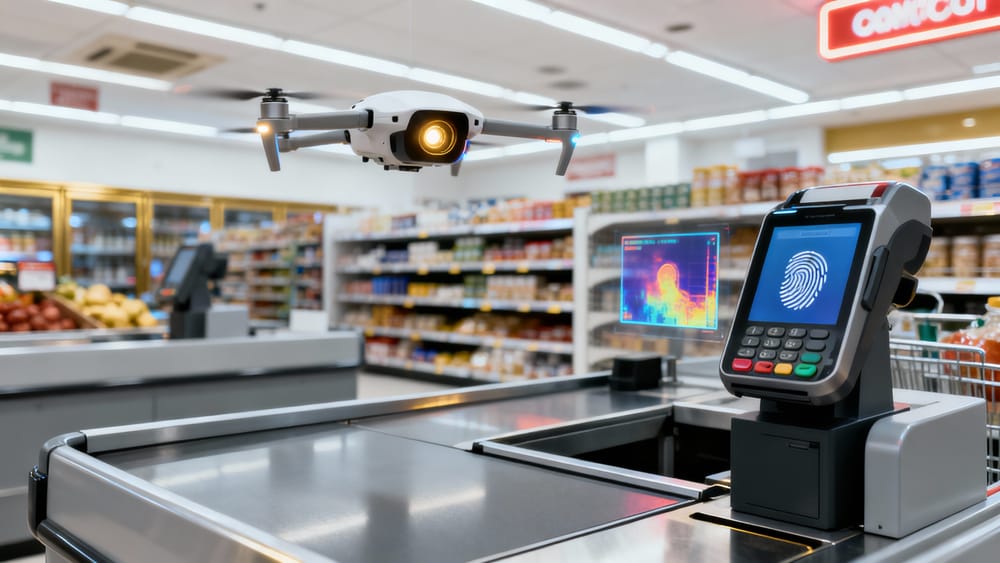AI Missed Two-Thirds of Critical Injuries
Inside the study that exposed how medical AI quietly fails.

Medical AI just failed its most important test. Virginia Tech researchers discovered that machine learning models designed to predict patient deaths in hospitals missed 66% of critical injuries.
That’s not a rounding error, that’s a fundamental breakdown of the technology hospitals are betting your life on.
Pattern Recognition Isn’t Medical Reasoning
Top AI models crumble when medical questions change by a single word.
Even the industry’s golden children—GPT-4o, Claude 3.5 Sonnet suffered accuracy drops of 25-40% when researchers tweaked medical questions slightly.
These systems aren’t thinking through symptoms like doctors do. They’re playing an expensive game of medical Mad Libs, filling in blanks based on training data patterns rather than understanding what a racing pulse actually means for your health.
“Our study found serious deficiencies in the responsiveness of current machine learning models,” said Danfeng Yao, a Virginia Tech professor. “Most of the models we evaluated cannot recognize critical health events and that poses a major problem.”
The Hazard Warning Everyone Ignored
ECRI declares AI-enabled health tech the biggest threat of 2025.
Patient safety watchdog ECRI didn’t mince words, naming “risks with AI-enabled health technologies” as 2025’s top health tech hazard.
The organization warns that bias, oversight gaps, and output errors create immediate threats, especially for underrepresented populations who already face healthcare disparities.
“The promise of artificial intelligence’s capabilities must not distract us from its risks or its ability to harm patients and providers,” said Marcus Schabacker, ECRI’s CEO.
Meanwhile, FDA approvals for AI medical devices exploded from 6 in 2015 to 223 in 2023, outpacing safety frameworks like a Tesla in a school zone.
The $252 Billion Reality Gap
Record AI investment meets modest hospital returns as the hype bubble deflates.
Despite $252.3 billion in global AI investment last year, hospitals report disappointing real-world results.
The gap between Silicon Valley promises and clinical reality resembles the difference between a pharmaceutical commercial and actual side effects.
Over 80% of healthcare AI projects fail due to poor data quality and unrealistic expectations, according to Gartner estimates.
Your next medical emergency won’t wait for AI to get its act together.
As regulatory pressure builds and hospitals demand human oversight, the question isn’t whether medical AI will improve, it’s whether patients can afford to be beta testers.


